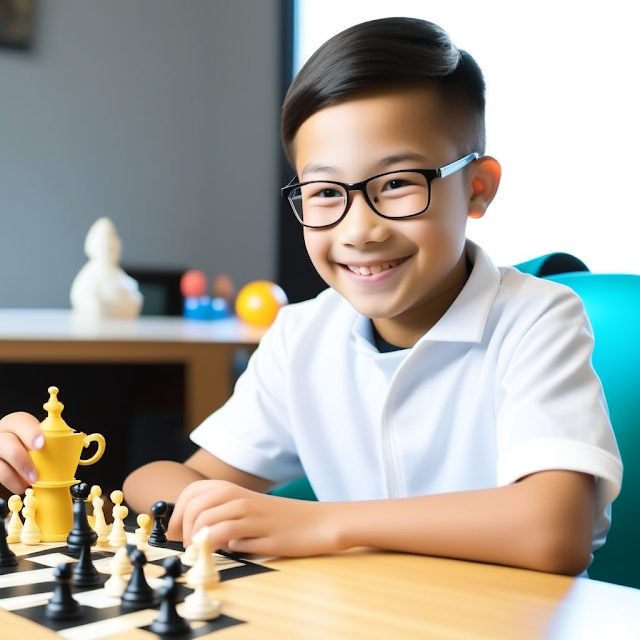5 Tips for Improving Your Chess Strategy

Chess is a game of strategy, requiring careful planning and foresight. Whether you are a beginner or an experienced player, there are always ways to improve your chess strategy. In this blog post, we will discuss five tips that can help you elevate your game and outwit your opponent. 1. Develop a Strong Opening Repertoire The opening moves in chess set the stage for the rest of the game. Developing a solid opening repertoire will not only help you establish a strong position but also ensure that you are prepared for different scenarios. Study popular opening moves and analyze their outcomes. Experiment with various openings to find the ones that suit your playing style. 2. Practice Tactical Awareness Tactics play a crucial role in chess. By recognizing and capitalizing on tactical opportunities, you can quickly gain an advantage over your opponent. Regularly solve tactical puzzles and study well-known tactical patterns to sharpen your tactical awareness. Developing the ability to see

.jpg)



.jpg)

